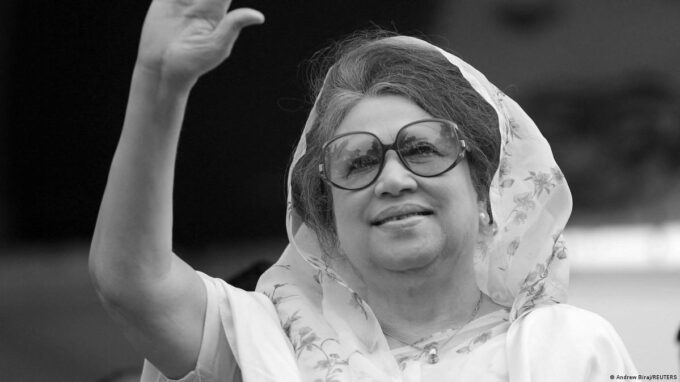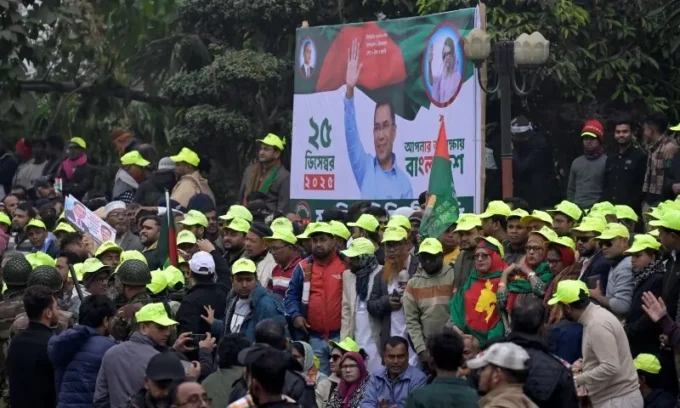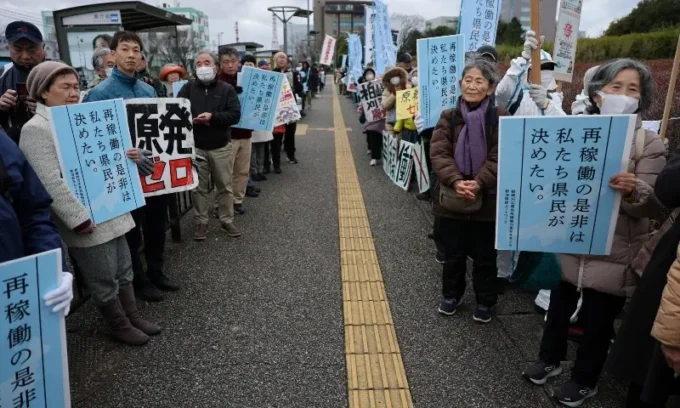SEOUL – More than 3 million South Koreans have formally chosen to refuse life-sustaining treatment in cases of incurable illness, a decision often referred to as opting for a “dignified death.”
Data from the National Agency for Management of Life-sustaining Treatment shows that as of Saturday, 3 million people had signed advance statements, representing 6.8% of the adult population.
The legal framework allowing the withdrawal of treatment for terminally ill patients was introduced in February 2018 under the Act on Hospice and Palliative Care and Decisions on Life-sustaining Treatment for Patients at the End of Life. Initially, only 86,691 people had registered by the end of 2018. Numbers surged to 1.16 million by 2021, almost doubled to 2.15 million by 2023, and grew by nearly another million in the past two years.
Women account for two-thirds of the signatories, and 21% of people aged 65 and above have made the decision. Since the law’s enactment, life-sustaining treatment has been discontinued for 443,874 individuals.
Under current rules, treatment withdrawal is permitted only for patients in the “end-of-life process” — a state of imminent death with no chance of recovery — confirmed by both the attending physician and a specialist. Terminal patients are defined as those expected to die within months.
The law’s strict criteria sparked debate in 2023 when a man in his 60s with terminal cancer, despite signing the refusal form and his wife’s request to withdraw care, remained on life support for weeks due to legal constraints. He passed away a week later.
Lawmakers are now considering expanding the law’s scope. A 2024 proposal by Rep. Nam In-soon and 15 other Democratic Party lawmakers seeks to include patients in the “final stages” of a disease, granting them more time to decide and ensuring dignity in their final days. The bill awaits National Assembly review.
Health Minister Jung Eun-kyeong has expressed support for broadening eligibility. A government survey of 27 medical society leaders, aired by KBS in May, found that 82% favored extending the law to cover final-stage patients, not just those in the last moments of life.















Leave a comment